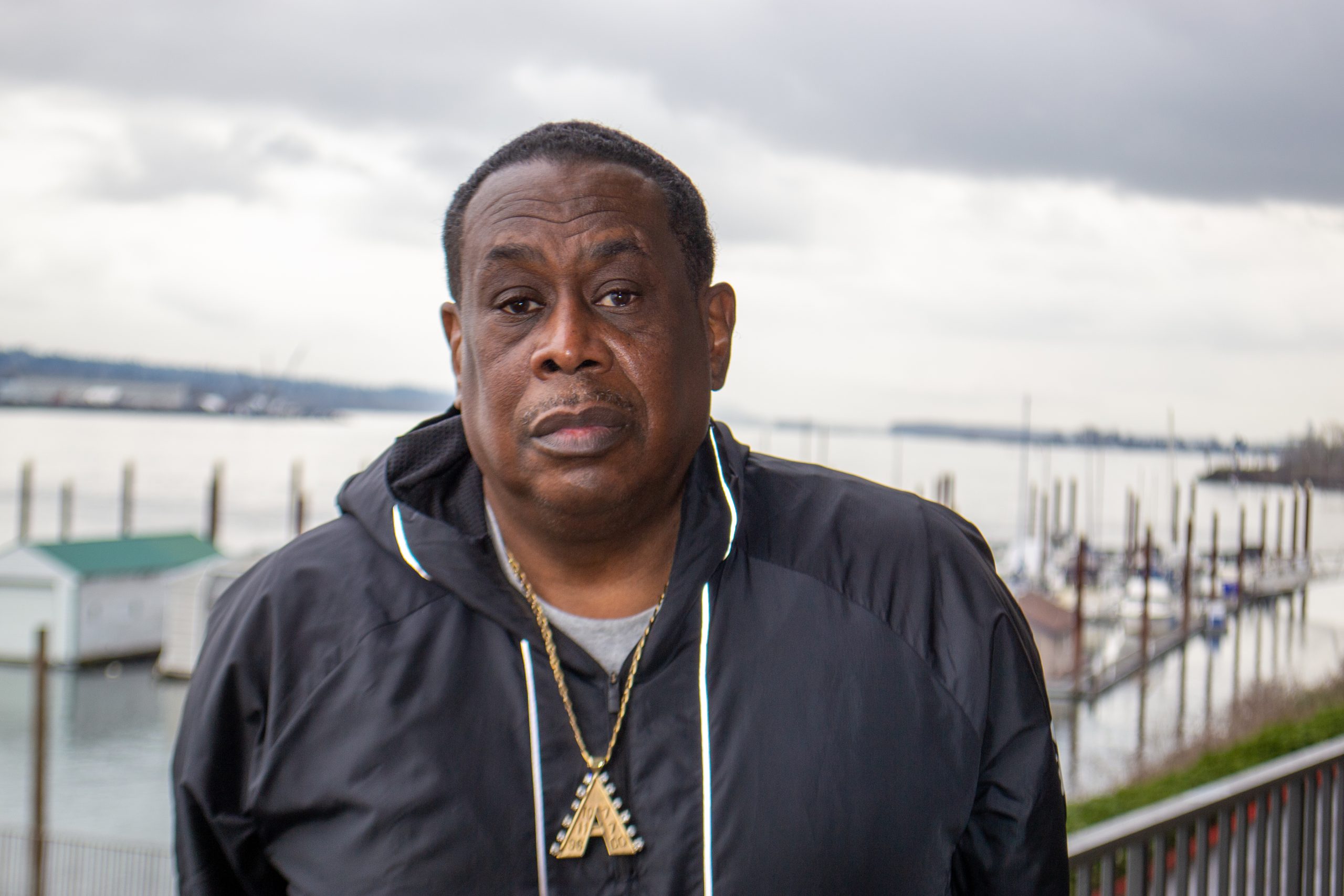This is the most important story you can read about Measure 110. We Out Here Magazine sat down with members of the Oregon Black Brown Indigenous Advocacy Coalition: providers focused on serving the people most harmed by the racist War on Drugs. They heard stories of hope, recovery, family reunification, increased public safety and better communities. They also heard from providers the importance and efficacy of funding culturally appropriate and relevant services.
Fresh Out Community Based Reentry served 650 people so far with Measure 110 funds. “Out of all the people we have served thanks to these funds, only two have gone back to jail,” Larry Turner told We Out Here. “This measure has already impacted the community greatly, and I can imagine what kind of impact it would have after 20 years of this kind of funding. We have to keep this momentum,” Turner said.
Painted Horse Recovery, serving Native Americans. Out of 100 people served so far w/ 110 funding, 30% have reconnected with their children. 30% have also been rehoused or improved housing, which is essential to recovery. No one has had any new interactions with the criminal system.
In just 60 days, Juntos NW helped more than 100 Black, Brown and indigeneous individuals with recovery. Connecting them to treatment, peer services, sober housing and more.
Miracles Club Executive Director Julia Mines: “We have eight beds of transitional housing for men and nine beds for women thanks to Measure 110. And we’re about to launch a 10 bed house catered to the African American LGBTQ+ community.” For those quick to prematurely criticize Measure 110, Mines offers the perspective of time. “It took time for the War on Drugs to tear our communities apart, and it’s going to take time for us to rebuild our communities,” she says.
Solvalti serves the African American community. They have hired new staff to help “African American individuals, men, women and children overcome challenges around issues like domestic violence and addiction issues We have been fighting the conventional cookie-cutter approach to how people receive treatment for years.”
Mark Harris, of the Behavioral Health Recovery Network in Lane County and member of the OBBIAC takes issue with what he calls local governments’ “predictable” attack on Measure 110. Harris, a professor of Addiction Studies, told WOHM that for decades he has witnessed systematic discrimination and negligence against people of color within private, public, and county-affiliated care providers.
Harris said he has seen correctly diagnosed and admitted Black clients be discharged for “non-compliance” after disclosing experiences of combined sexism and racism in Oregon. “Measure 110 services, delivered by agencies of color, have had a much better efficacy track record than law enforcement and no treatment, or ineffective or non-existent treatment at the hands of city and county government,” he added.
Going Home II has used Measure 110 to help African American men with reentry, expanding their recovery services and hiring more staff. Check out their amazing video:
The Oregon Legislature and local leaders should be listening more to Black and Brown providers and the communities they serve to get the real truth about Measure 110.
Click here to read the full article.
Help us spread the word!
Email this article to your legislator. Locate your legislator here.

